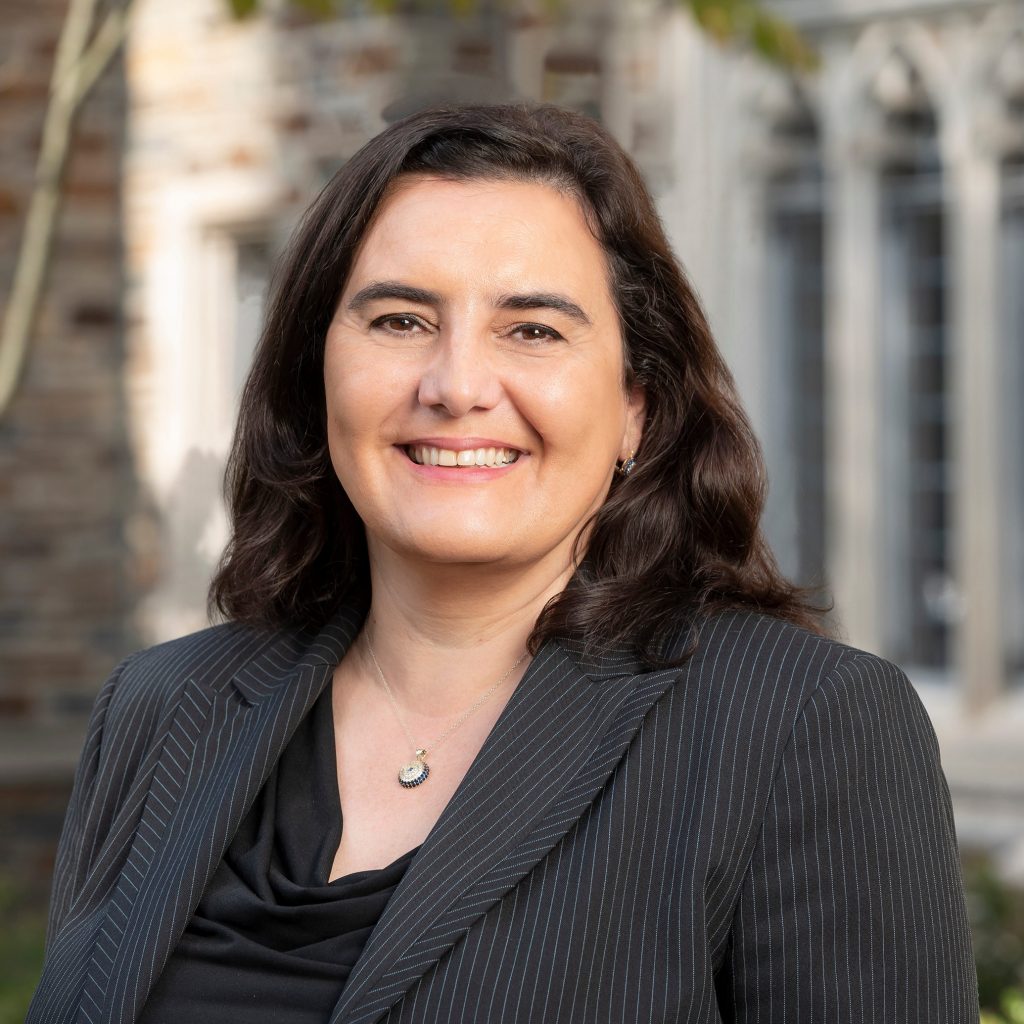“We don’t need no education.”
~Another Brick in the Wall, Pink Floyd
Turns out Pink Floyd was wrong. We require an abundance of education. And we need it to be stackable and delivered on-demand.

As global higher education undergoes seismic demographic and technological shifts, it must adapt via innovative instructional strategies that meet the demands of our present moment. On December 9, 2022, Dr. Yakut Gazi gave the keynote speech at Duke Kunshan University’s Teaching and Learning Showcase, outlining her vision and strategy for Duke University’s adaptive response to changes in higher education.
Dr. Gazi, the vice provost for Learning Innovation and Digital Education at Duke University, explained how her approach rested on three pillars: 1) Lifetime engagement with learners, 2) Data-informed practice, and 3) Digital education to remediate, amplify, and accelerate. This embrace of learning technology will allow Duke to offer educational opportunities to people at all life and career stages, instead of solely catering to young adults. Under her leadership, Duke will leverage educational insights from data, and use this data to inform the university’s content delivery strategy.
Gazi noted that her vision allows Duke to remain flexible as the frameworks for delivering online learning continue to shift. Through the past decade, online learning has focused on providing content. However, Gazi pointed out that the plethora of learning options have forced a strategic shift in this market. Now learning experience and engagement are paramount. As a result, Gazi deliberately reframed online education as “digital education,” a concept that recognizes education as a continuum from online to on-campus. As Covid taught the world, quality instruction will shine in different modalities, as long as the instructors remain focused on achieving the learning outcomes.
Notably, Gazi used this platform to make the business case for embracing digital learning. While higher education prides itself on being a “marketplace of ideas,” it needs to remember that it also exists within an economic marketplace governed by supply and demand. Universities with online degrees and credentials, offered at a fraction of the cost of a traditional degree, undercut the market for traditional approaches to higher education. Demographic forecasting shows population growth in the global south, while it shrinks in the northern hemisphere. As a result, universities in the northern hemisphere must craft the digital infrastructure to serve this burgeoning market of learners. Likewise, as the global population lives longer and undergoes a corresponding increase in average career length, universities must position themselves to offer on-demand learning solutions to help an aging population upskill.
Scale remains of paramount concern as the infrastructure of digital education expands. As we learned during the early pandemic, digital education solutions that are not sustainably scaled to a population’s needs quickly lead us to confronting the “last mile problem,” where people in our communities are not able to access the digital education tools they need for their daily routines at work and school. Here Gazi asserted that the solution lies in a continual implementation of innovative DEIA standards so that all learners and potential learners are able to access digital education opportunities.
Where do we go from here? As Duke’s representative for online learning, Gazi plans to maintain a robust partnership with DKU in order to implement innovative curricular solutions for both institutions. She spoke with confidence of this partnership’s ability to maintain brands of choice in the coming decade. Together, Duke and Duke Kunshan Universities can lay the necessary bricks in the wall of digital education.
